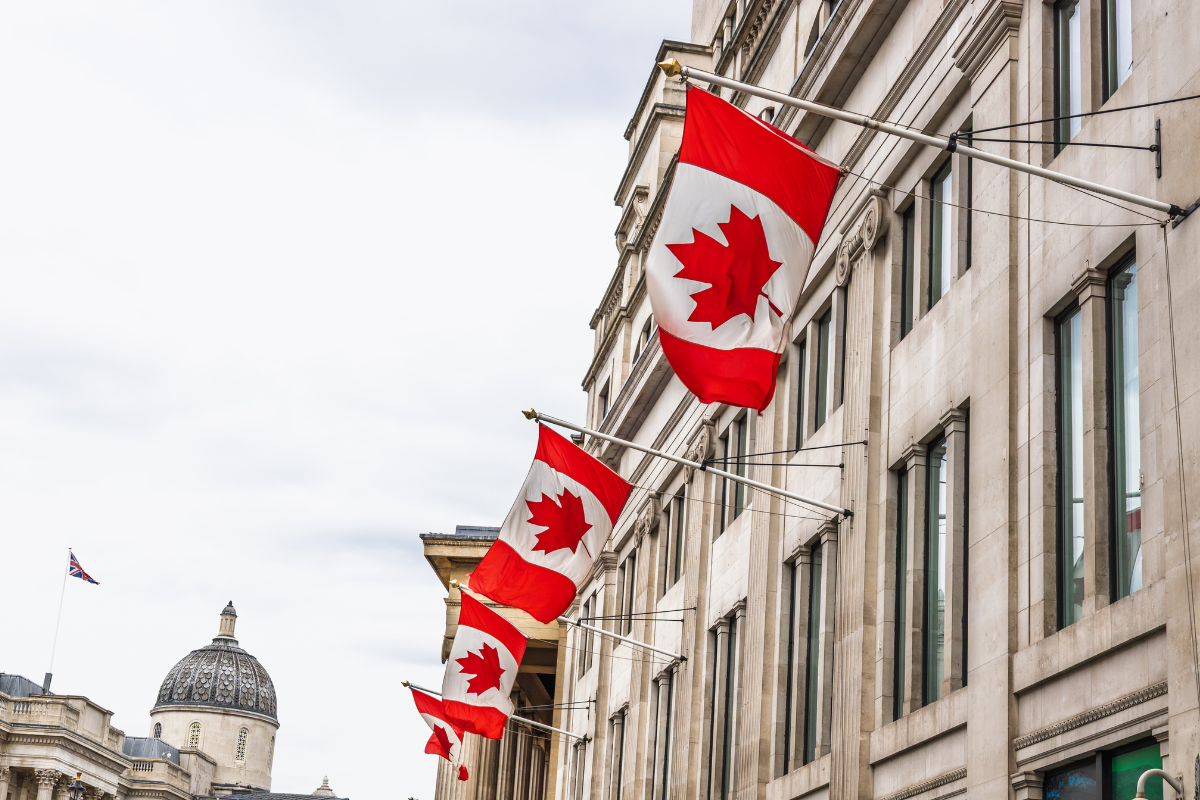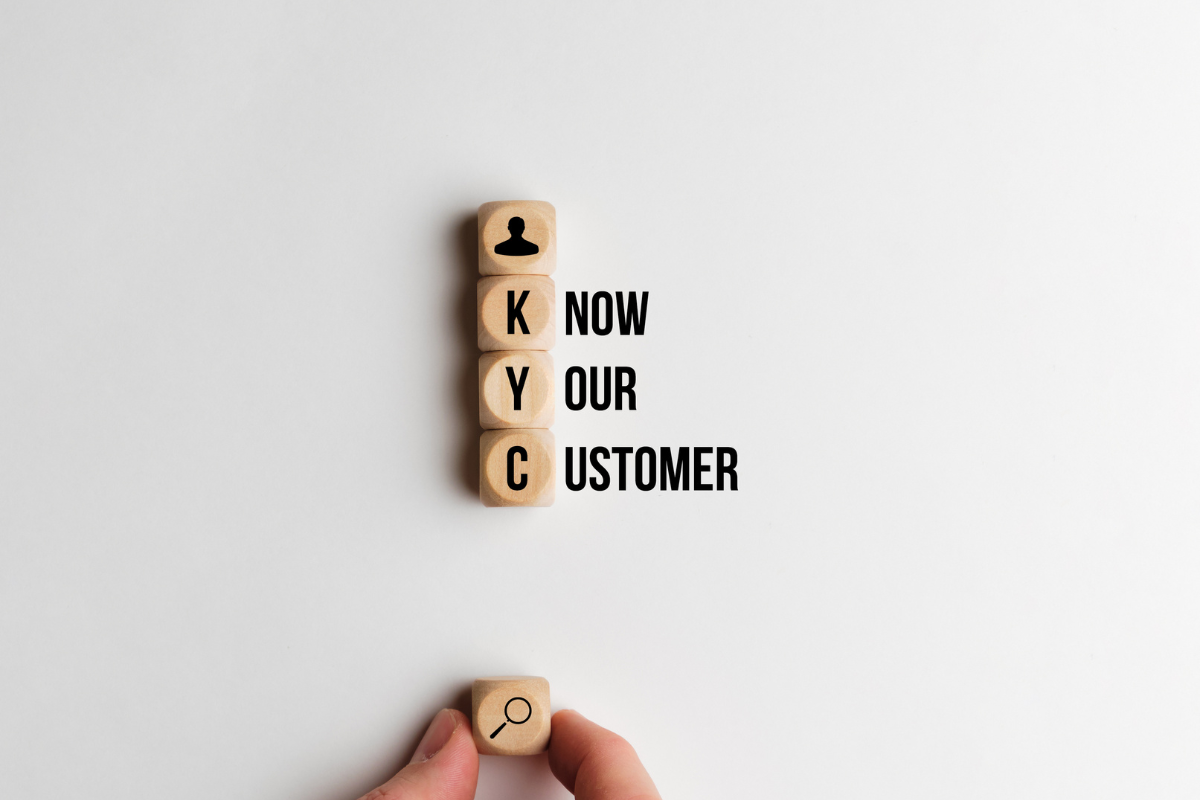
What are Managing Group Agents (MGA) for Policy Benefits Brokers?

What’s in an MGA? A Managing General Agent (MGA) is a specialized form of insurance broker. Unlike brokers, the MGA can underwrite on behalf of the insurer, and might have the authority to issue the policy, arrange for insurance, or provide admin support. The insurance company offers these services through MGAs, typically when covering an unusual line (like snowboard insurance). MGAs also offer insurance in geographically isolated areas, where no branch exists.
Given their function, it’s no surprise the MGAs perform many of the functions that insurers do for these policies and in these locations! This includes:
- Assessing insurance risk
- Underwriting policies within agreed upon guidelines
- Calculating and negotiating premiums
- Working with brokers to offer coverage
- Binding policies
Since MGAs can “act as” an insurer in a certain region, the insurer might use an MGA as a test market. With an MGA, the insurance company can ‘test the waters’ and see if there’s enough buyer appetite or interest to start operating in these regions or types of policies.
Why Would a Policy Benefits Broker Work With an MGA?
Insurance MGAs fill a key role in the insurance value chain, but MGAs are most popular in countries like the United States and the UK. Among the top US insurance companies, at least 43% have at least one MGA. Some might leverage their MGA relationships to source new business and unique markets, but many insurers split out business between in-house underwriters and MGAs – or even rely on them for all of their underwriting. These come in a few categories:
- Affiliated MGAs (owned or majority owned by an insurance company)
- Nonaffiliated MGAs (true ‘third parties’ who can work with multiple insurance companies)
- Crop MGAs (niche agricultural MGAS for underwriting farm crops)
Brokers ‘do the legwork’ for their clients and go between their network of insurance offerings and the clients to find the perfect policy. MGAs add a new layer of possibility to these options – businesses with less than 10 employees that want group benefits, for example, high risk clients, or specialized work situations (like freelance or part time) could all, potentially, be better served by having access to an MGA. For example, the MGA’s flexibility could allow for a bundled product, like a Health Spending Account, a critical illness plan, and life insurance policy – or even work with multiple insurers to build out a custom offering.
For insurers, the MGAs handle claims escalation, renewals, quoting, and underwriting. New brokers, or brokers who don’t have a large network, can use MGAs to start linking customers to policies, without having to reach out individually to each insurance company. Insurance companies can also sometimes have minimum orders, which a smaller, newer, broker would find hard to maintain – but can be accomplished with an MGA. Nontraditional benefits, like for nonprofits, freelancers, door-dashers, Uber drivers, or startups, are a growing market that could potentially be captured by MGAs.
Plus, tech tools like integrations, automated quoting, or client portals can make your new brokerage (or existing one) look more professional by adding to your offering. Since both you and the MGA win when you attract new customers, there might be sales, branding, marketing, or training support added along with these offerings – which is a win-win for everyone involved!
Unstructured data can easily be indexed, sorted, filtered, and analyzed by Discrepancy AI
Start for Free










.png)
.png)

.png)







.png)

.png)
.png)
.png)
.png)
.png)

%20Platforms.png)



.png)
.png)










